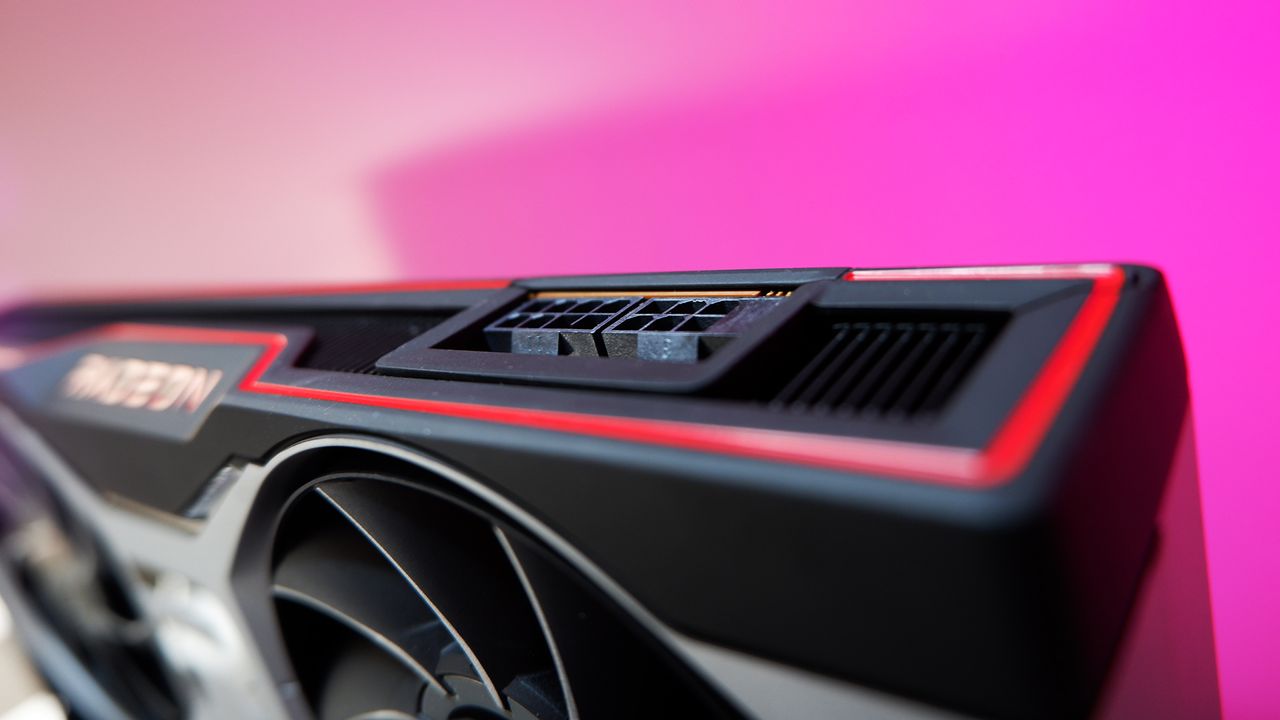The computing landscape is on the precipice of a significant transformation, as a new frontier for artificial intelligence processing directly within personal computers emerges. For years, enthusiasts and professionals alike have relied primarily on central processing units (CPUs) or graphics processing units (GPUs) to handle the intensive calculations required for homebrewed AI applications, ranging from generative image creation to complex data research. However, a major industry player, AMD, is now actively exploring a revolutionary third option: the discrete AI accelerator card.
This ambitious endeavor by AMD signals a potential shift in how we approach machine learning and neural network tasks on our desktop systems. Traditionally, GPUs have dominated the high-performance computing space, including AI, due to their parallel processing capabilities. Yet, AMD’s innovative investigation aims to introduce a specialized hardware component, designed from the ground up to optimize neural performance specifically for the everyday PC user, distinct from existing general-purpose processors.
In the nascent stages of this groundbreaking initiative, AMD’s head of client CPUs, Rahul Tikoo, has confirmed that the company is engaging in crucial preliminary discussions. A core part of this exploratory phase involves extensive dialogue with potential customers to gauge market interest and identify the most compelling and widespread use cases for such dedicated AI hardware. This feedback is pivotal in determining the commercial viability and ultimate direction of the discrete AI accelerator card project.
Crucially, if AMD proceeds, these specialized AI accelerator cards are unlikely to leverage traditional GPU architecture. Instead, the focus appears to be on integrating Neural Processing Units (NPUs), a technology where AMD already possesses considerable expertise. Many of AMD’s current processors already incorporate XDNA-powered NPUs, providing a solid foundation for developing standalone, powerful AI accelerators designed for desktop computing.
Neural Processing Units, or NPUs, represent a class of highly specialized circuits meticulously engineered to execute the unique mathematical operations and handle the distinct data formats that are fundamental to modern AI algorithms. While sharing some superficial similarities with GPUs in their parallel processing design, NPUs are purpose-built for AI tasks, offering unparalleled efficiency and performance for machine learning workloads, making them ideal for a dedicated AI hardware solution.
It is important to note that discrete ‘AI cards’ are not entirely new to the industry, with examples like Qualcomm’s existing solutions. However, these current offerings are predominantly tailored for the demands of vast data centers and enterprise-level applications, not the typical small PC found on a user’s desk. Given Nvidia’s overwhelming dominance in both the GPU and, consequently, the AI industry, one might question AMD’s rationale for venturing into this seemingly niche desktop AI market.
The strategic advantage for AMD lies in Nvidia’s relatively uniform chip portfolio. While Nvidia’s GeForce GPUs are scalable versions of a core design, they are not inherently optimized for the professional AI market in the same specialized manner as their larger, fundamentally different processors like the Hopper and Blackwell. This presents a unique opportunity for AMD to innovate and create a distinct AI accelerator, singularly focused on artificial intelligence, potentially offering a compelling alternative to general-purpose GPUs.
Should AMD deem this project financially sound, the development timeline could be surprisingly swift. Leveraging its established software stack, already in place for its CPU-integrated NPUs, and drawing upon its extensive experience with specialized chips and cards, AMD is well-positioned to rapidly bring a dedicated AI accelerator to market. This capability could significantly democratize access to powerful machine learning processing.
The potential implications for everyday computing are vast. Imagine a future where gaming PCs seamlessly integrate a compact AI accelerator card, offloading demanding machine learning algorithms for features like frame generation, much like current setups might utilize a second graphics card for physics processing. An AI accelerator more capable in neural processing than an integrated NPU, yet significantly more affordable than a high-end GPU, could be a highly attractive proposition for thousands of PC users globally, marking a true evolution in desktop computing capabilities.






Leave a Reply